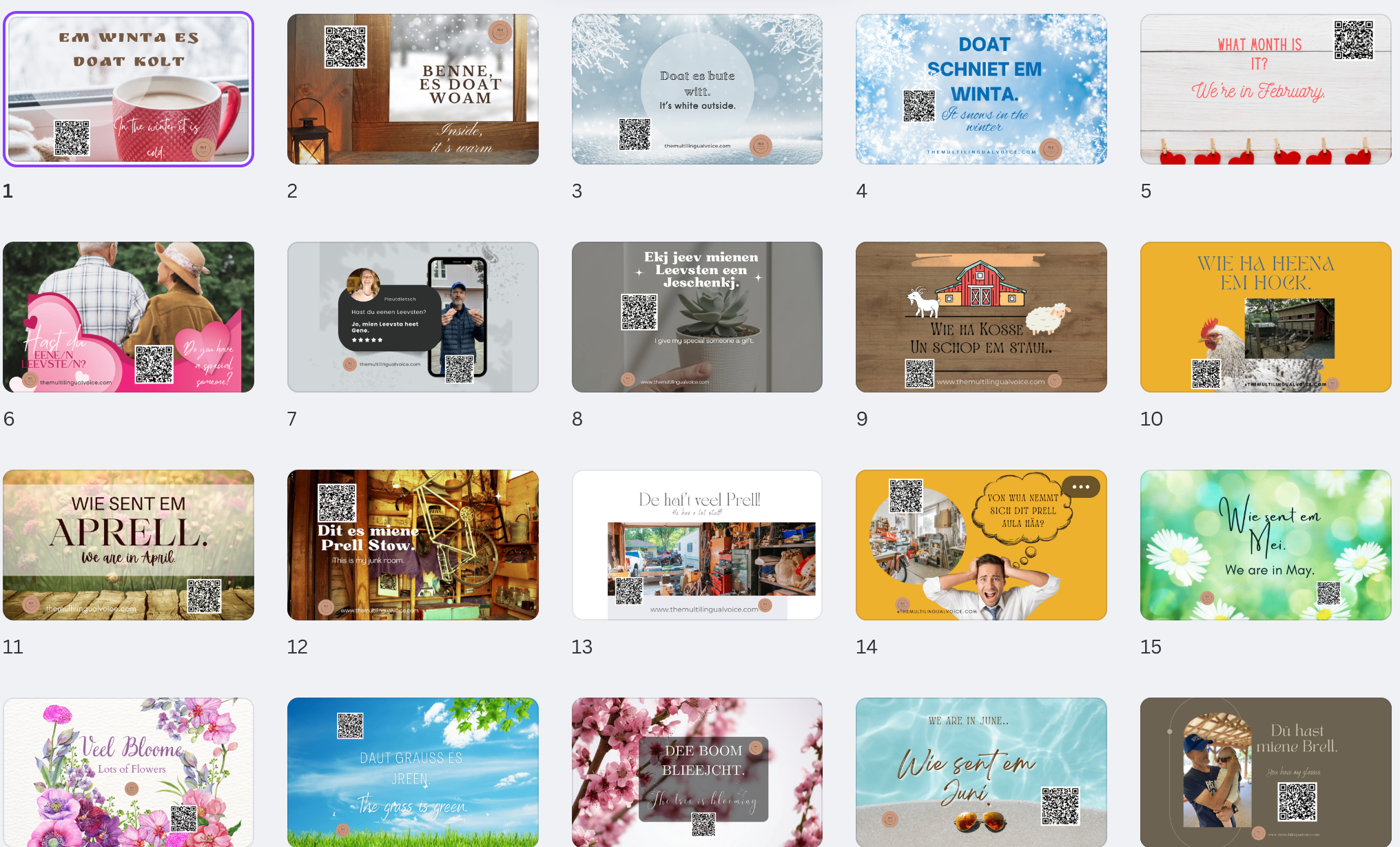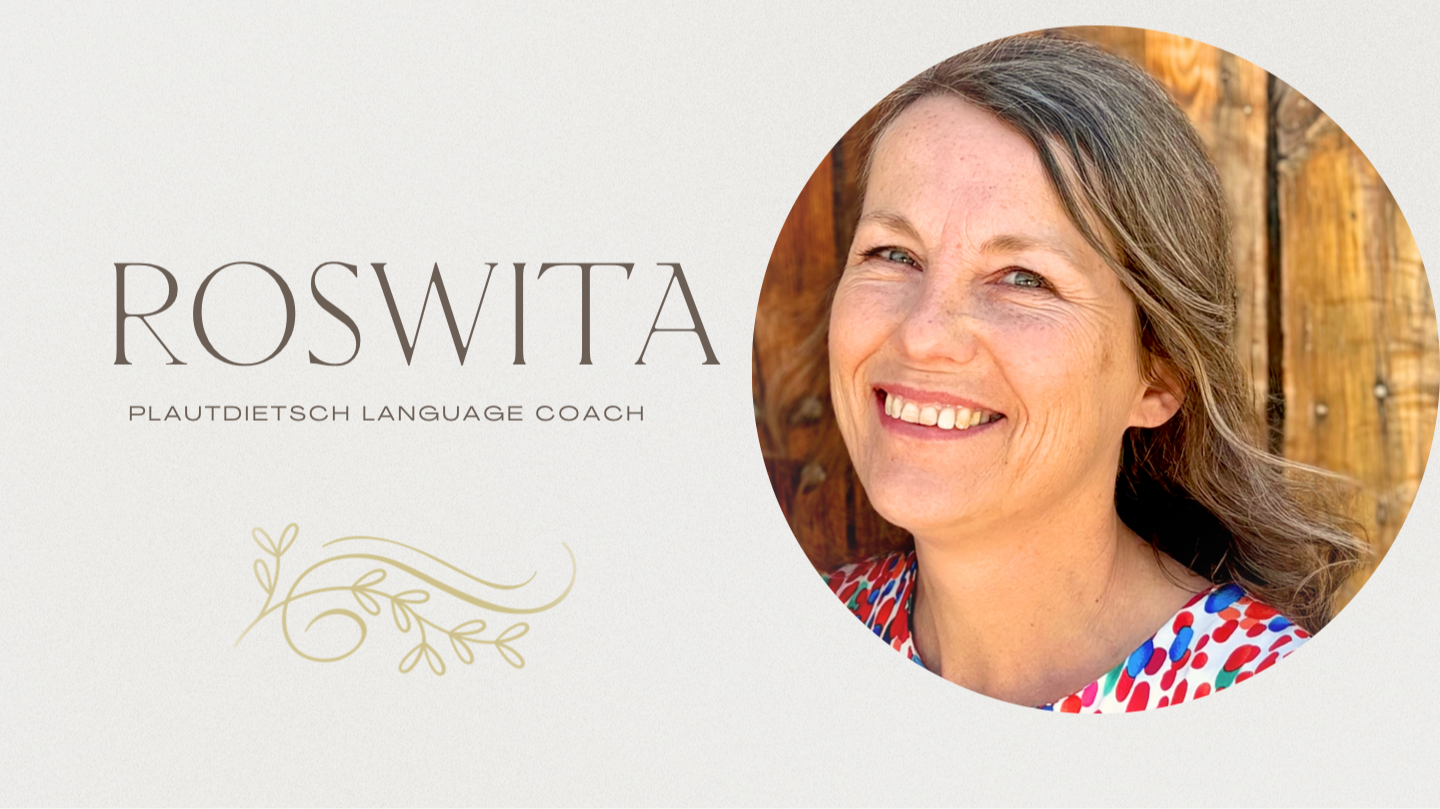Did my Oma Celebrate her Birthday?

When we moved to Paraguay in the 80’s, I was introduced to a new tradition for birthday celebrations. The one whose birthday it is sits on a chair while 3-4 others lift it high up in the air.
It would be raised as many times as your age. So when I turned 11, I hung on for dear life as they lifted me into the air.
July is a time of birthday celebrations for my family in Paraguay. My mom, my aunt, and my sister-in-law have birthdays this month. I love it when I get to be with them because they go all out to celebrate their special day.
They’ll make sure to have plenty of food prepared to entertain the friends who will show up to give them gifts and well wishes. So, as the birthday girl, you prepare and host your party.
It’s a very communal setting where conversations and a little gossip keep things interesting. The Paraguayan tea, usually Mate this time of year, is passed around, and some opt out of the tea and have a cup of instant coffee with a few treats.
Friends are expected to show up mid-morning or mid-afternoon. They stay for an hour or two and then move on. In the evening, the grandparents and maybe extended family are invited over to help finish off the day.
When I participate in these events, it's not just a great time to sample some amazing food but also to meet many different people, I would have missed during my few weeks of visiting. I love the communal value of my Mennonite heritage. Dropping by without an invite is a gesture of valuable friendship.
This got me wondering: How did my Oma celebrate her birthday? In the 1920s, she would have been a preteen transitioning from Russia to Paraguay. Having been torn away from everything familiar, displaced with limited resources, it would not have been easy to celebrate with anything special.
I found some treasures among her recipes that she left behind, and one of the things that was special to her was her poems. She loved learning them for herself and having them recited to her.
As a young girl with little to offer in the way of special food or gifts, I imagine a poem expressing the Mennonite values was all they could give. As I dug deeper, I wondered if kids were celebrated on their birthdays.
In reading the German poems, I noticed a common thread of expressions that highlighted some of the values of her day. These poems were written for a child to recite in honor of a parent, either a father or a mother.
I hope what I’m about to say pleases you …
Your eyes always shine with happiness …
Giving compliments and kind words was a common language in these poems. Similar birthday greetings you’d find in cards nowadays. Along with sweet words, a bouquet accompanied the reciting of the poem that would be given to the person of honor. Pleasing your parents with words and deeds would have been the highest respect you could give them.
Another family norm back in my Oma’s day was to give your best effort to your parents.
We children want to be good …
Always please you with hard work …
And always fulfill your every wish with a good attitude …
You honored your parents by putting your best effort into something. In most homes, the mindset of making your parents proud of what you did was the standard of expectation. If this were lacking, the guilt would be placed on the child.
This may have been motivated by many people's approach to raising children. Parents expected their kids to please them in what they did at home or in public. Not following norms and expectations would shame the individual and the whole family.
The Slavic culture may have influenced this practice during the 100 years the Mennonites lived in that region. I noticed a similar approach with parents interacting with their kids when we lived in Russia. It was a form of training that would use manipulation to coerce the kid to respond or act a certain way. This might sound like - Heidi, can you be a good girl and watch your brother? Or the other way around, You made your momma feel so sad because you didn’t pick up your toys.
Promising to please them with words and actions was something parents esteemed highly and hoped to instill in their children.
Another phrase used multiple times in the poems I read was “I lift you up” to honor you. This was a practice that was put into action. A tradition of old that I experienced on my first birthday in Paraguay.
A friend recalls a family tradition of decorating a chair on her mother’s birthday with vines and flowers out of the garden.
When the family came together, the strong boys lifted the chair with their mom sitting on it several times into the air, saying, ' Lifted high,’ honoring their mother. If the birthday fell on a weekday, the specialty foods of cake and bread would be served on Sunday.
But it doesn't seem that every family did it the same way. My mom and her sisters don’t recall celebrating their birthdays while growing up.
I’m unsure if this was due to the conviction that birthdays put too much focus on the individual, which would encourage a prideful attitude, or if it just fell away due to the number of kids in the home and feeling challenged by honoring everyone equally.
A circumstance that may have challenged this practice was that my grandparents moved a lot. This was a hard task. Moving everything with a horse-drawn wagon from one village to another would have been a big undertaking.
I can only imagine how difficult it would have been for my Oma to set everything up and organize the home, let alone celebrate birthdays. Or was there another reason?
I hope to find answers as I interact with the older Mennonites. What was it like back then? Were only the birthdays of the parents celebrated in the early days of settling in the Chaco?
You may already know the answer. Write and let me know what you find. How did the older generation of Low-German Mennonites celebrate their birthdays?
Happy Birthday, Mom!
The Language Learning Guide
Get the FREE resource to boost your language learning efforts.
If you are wanting to learn a new language for a specific situation and you just can’t find the program to meet that need, I’ve created a guide with strategies and tools to create phrases that resonate with your context.
We hate SPAM. We will never sell your information, for any reason.




